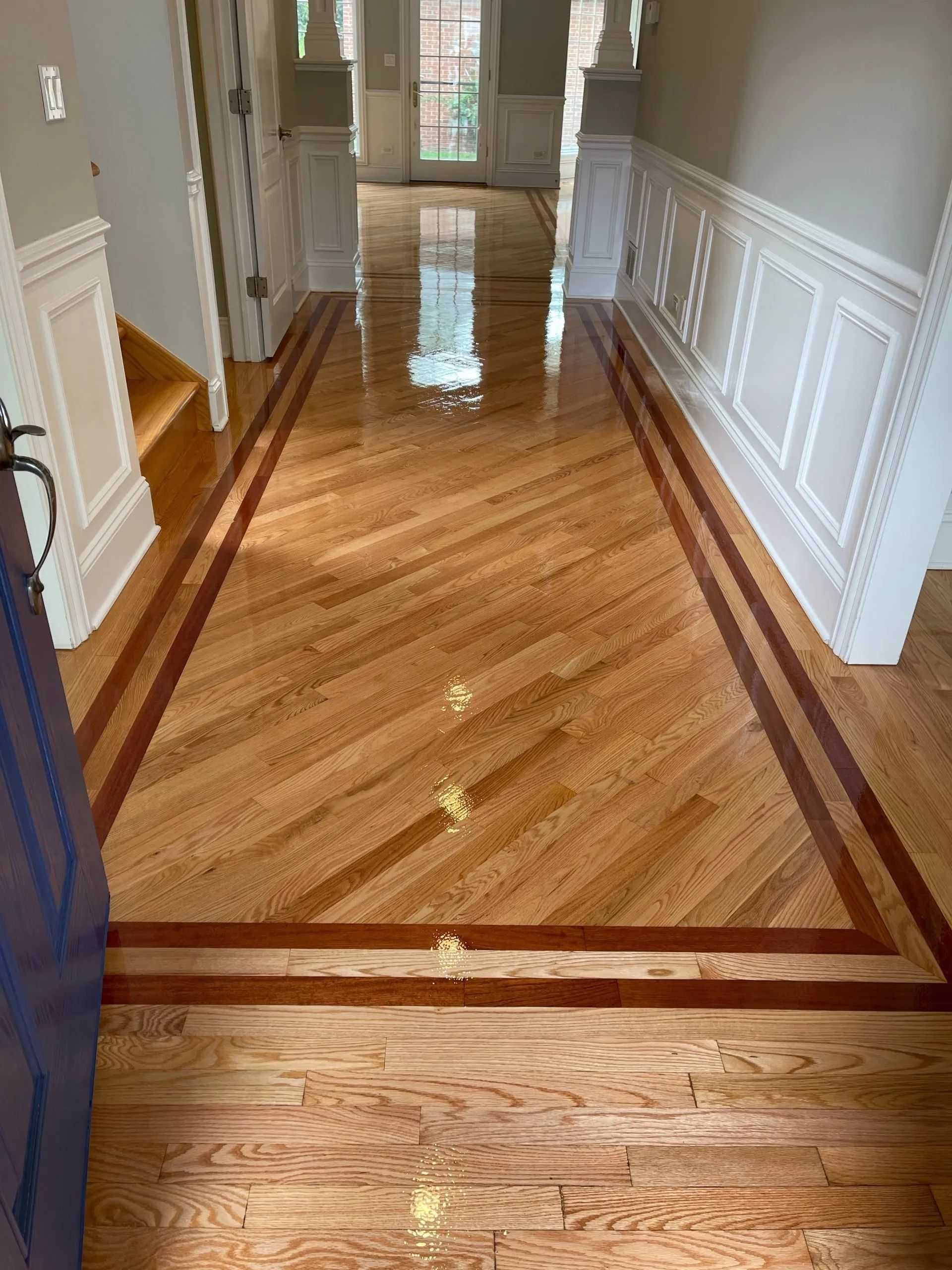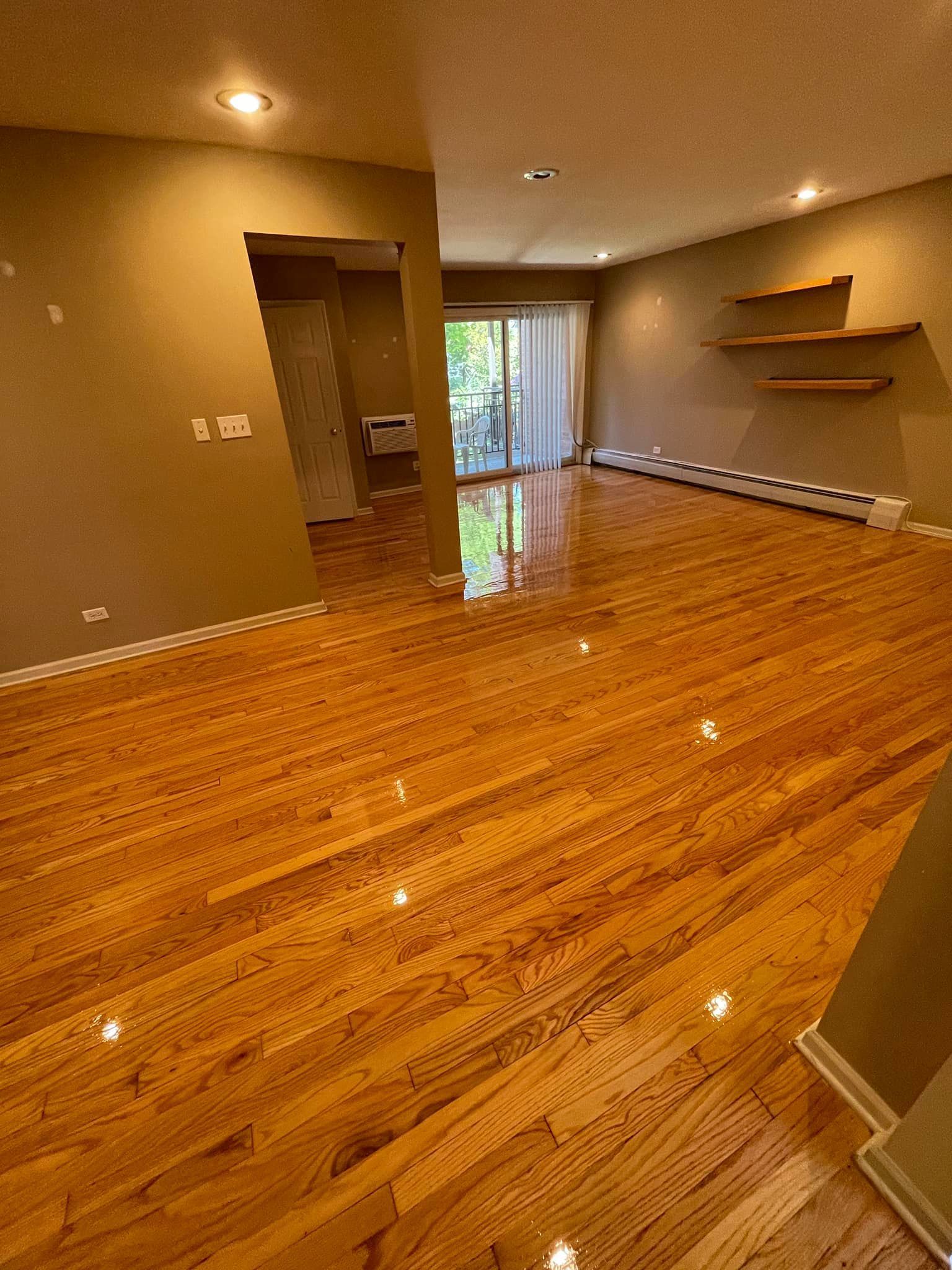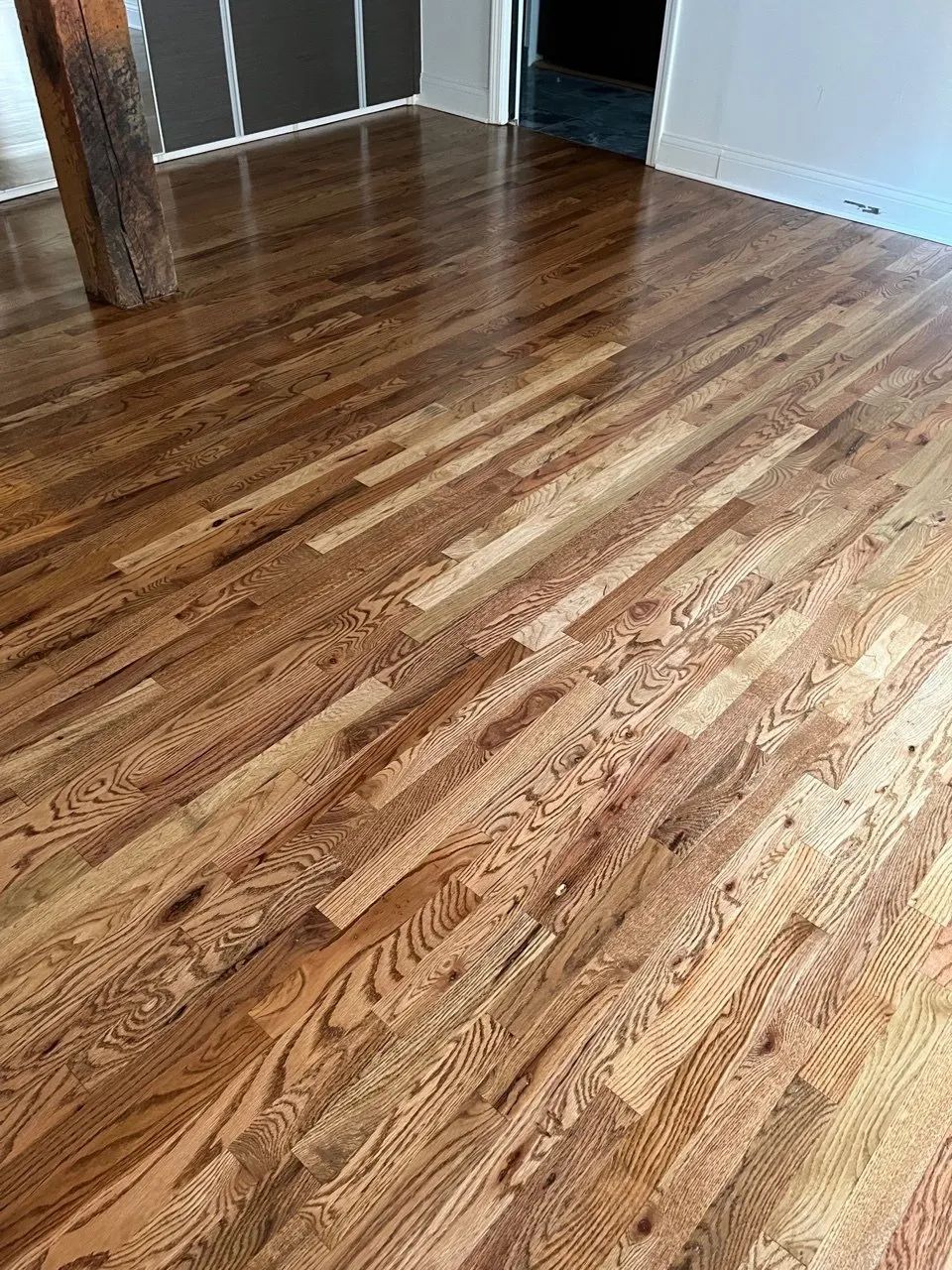Pros and Cons of Vinyl Flooring for Modern Homes
Vinyl flooring has become an increasingly popular choice among homeowners looking for a stylish, cost-effective, and low-maintenance flooring solution. With advances in design and manufacturing,
vinyl flooring now offers impressive durability and the ability to mimic more expensive materials like hardwood, stone, and ceramic. But is vinyl flooring the right fit for your modern home? Let’s take a closer look at its advantages and drawbacks.
Pros of Vinyl Flooring
1. Affordable and Budget-Friendly
One of the biggest advantages of vinyl flooring is its affordability. Compared to hardwood or stone, vinyl is significantly less expensive while still delivering a high-end appearance. This makes it an excellent option for homeowners looking to upgrade their interiors without breaking the bank.
2. Water and Stain Resistance
Vinyl flooring is known for its excellent resistance to water and stains, making it ideal for high-moisture areas like bathrooms, kitchens, and laundry rooms. Many luxury vinyl planks (LVP) and tiles (LVT) are 100% waterproof, providing peace of mind for families with kids or pets.
3. Easy Maintenance
Cleaning vinyl flooring is a breeze. Regular sweeping and occasional mopping are usually enough to keep the surface looking new. Its protective top layer also resists scratches and scuffs, reducing the need for frequent repairs or refinishing.
4. Comfort and Noise Reduction
Vinyl has a slightly softer underfoot feel compared to materials like tile or wood. Some types even come with built-in underlayment for added cushioning and sound absorption. This makes it a comfortable and quieter option for bedrooms, living rooms, or apartments.
5. Versatile Design Options
Modern vinyl flooring comes in a wide range of colors, patterns, and textures. Whether you want a rustic wood look, classic marble, or bold geometric styles, there’s a vinyl option to match every interior theme. Thanks to advanced printing technology, many vinyl products look incredibly realistic.
Cons of Vinyl Flooring
1. Not Eco-Friendly
Most vinyl flooring is made from synthetic materials, including PVC, which can release VOCs (volatile organic compounds). While some brands offer low-VOC options, vinyl is generally not the most environmentally friendly choice. It’s also difficult to recycle and contributes to landfill waste at the end of its life cycle.
2. Can Be Prone to Damage from Sharp Objects
Although vinyl is durable, it’s not invincible. Sharp objects like furniture legs or pet claws can puncture or gouge the surface. Heavy furniture left in place for a long time may also cause permanent indentations, especially in thinner vinyl products.
3. Lower Resale Value
Unlike hardwood or tile, vinyl flooring may not add significant resale value to your home. While it can enhance the look and function of a space, potential buyers might view it as a lower-tier option compared to natural materials.
4. Subfloor Sensitivity
Vinyl flooring needs a smooth and even subfloor to ensure proper installation. Any imperfections can telegraph through the surface, affecting appearance and performance. Additional prep work may be needed, which can increase installation costs.
5. Susceptible to Fading
Prolonged exposure to direct sunlight can cause vinyl flooring to fade over time. Although UV-resistant options are available, it's still important to use window coverings or rugs in areas with strong sun exposure.
If you’re considering vinyl flooring for your home, trust the experienced professionals at Ada Hardwood Flooring Inc.
in Des Plaines, Illinois. With 10 years of experience, we provide expert installation, top-quality products, and personalized guidance to help you make the right choice for your lifestyle and budget. Contact us today to schedule a consultation and transform your space with beautiful, durable vinyl flooring.



